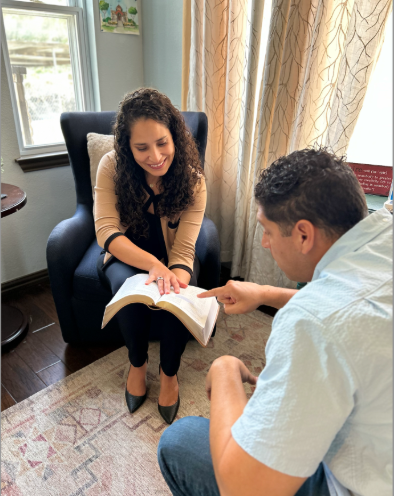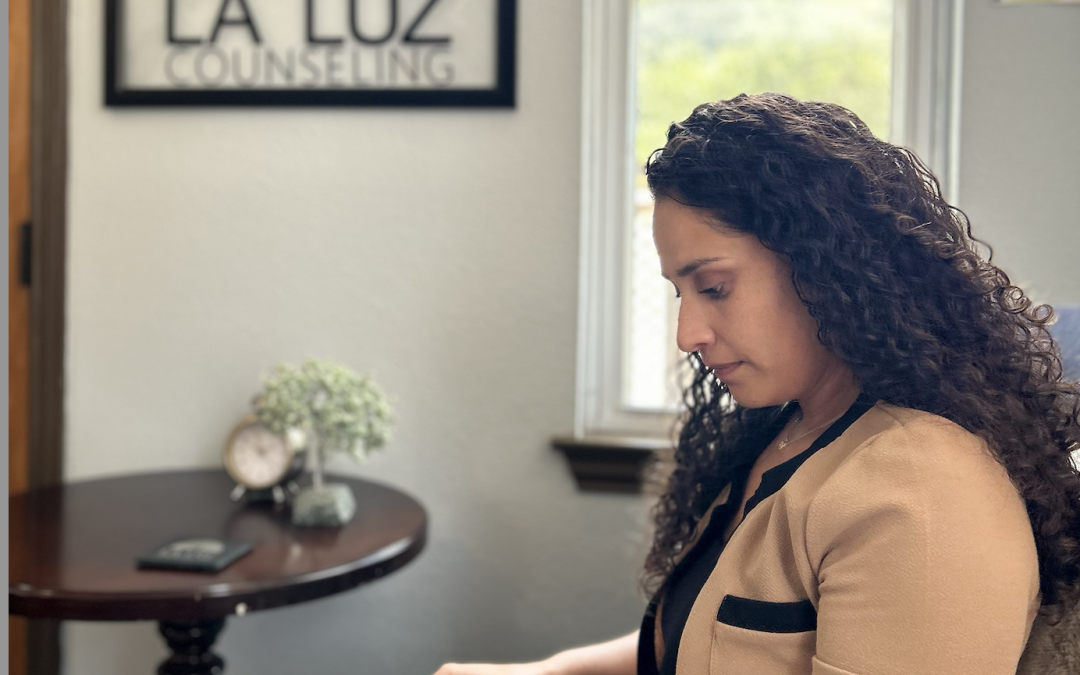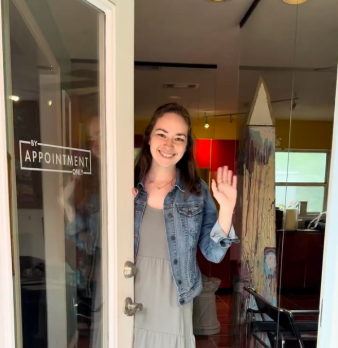
Christian Marriage Counseling: Inviting God Into Your Relationship
Marriage can be one of the most joyful parts of life, but it is not always easy. Even strong couples can find themselves feeling distant or stuck. Sometimes communication gets hard, or everyday stress builds up slowly until it is too much to ignore. That is when many couples start looking for something deeper to guide them forward.
Christian counseling in San Antonio offers a way to bring God into those hard moments. With faith at the center, couples have a place where they can begin to heal and grow together. As a new year begins, it is a natural time to make room for something better. That could mean finding new ways to listen, forgive, and move forward together, hand in hand and heart to heart.
What Is Christian Marriage Counseling?
Christian marriage counseling blends faith and practical support. While all counseling is meant to help people communicate better and understand one another, Christian counseling adds another layer by bringing God into the conversation.
This kind of counseling includes prayer, Scripture, and spiritual reflection. It helps couples refocus on what matters most. Instead of trying to fix each other, the focus is on growing together and leaning on God’s guidance.
Counselors who share your faith can walk alongside you in a different way. They understand not just relationship struggles, but the spiritual hopes and values that shape how couples love, serve, and forgive each other. This kind of support is not about right answers. It is about feeling heard and held, both by each other and by God.
Why Couples Seek Faith-Based Support
There is no single reason couples ask for help, but some struggles come up again and again. Trouble talking and listening. Arguments that never seem to end. Worries about parenting styles or big life decisions. For many couples, challenges like these can feel overwhelming.
Sometimes what hurts most is not the problem itself, but the feeling of being disconnected. One or both people may feel spiritually out of sync or unsure where God fits into their relationship anymore.
Christian marriage counseling can help couples reconnect, to God, to each other, and to the life they are building together. Many couples do not just want less arguing or more peace. They want to grow closer in their faith and build a stronger, more loving future grounded in shared truth.
What to Expect From a Counseling Session
Walking into a counseling space for the first time can bring a mix of emotions. It is normal to feel nervous, uncertain, or even a little guarded. The good news is that Christian marriage counseling is built around creating a warm, nonjudgmental space. It is not about blame. It is about understanding.
Counseling sessions include:
- A space to speak openly and honestly
- Gentle conversations about what matters most, your values, your hopes, your relationship with God
- Time to learn and practice new ways of listening and responding to each other
It may feel uncomfortable at first, but small changes over time can create real breakthroughs. The process is not meant to be perfect. It is meant to be honest.
Finding Strength in God’s Design for Marriage
Marriage is not just a contract, it is a promise. Throughout Scripture, there are examples of love that is patient, kind, and forgiving. Of course, no couple lives that out perfectly every day, but those values give us a place to come back to when things feel off.
Faith gives couples a powerful anchor. It reminds us that love is not just about feelings but choices. Choosing to be kind. Choosing to forgive. Choosing to keep showing up, even on the hard days.
Prayer and Scripture can help couples look beyond the day-to-day tension and reconnect with the deeper purpose behind their marriage. When both people are willing to invite God into their decisions, healing becomes more than possible. It starts to feel close.
Taking the First Step Toward Healing
Getting help does not mean a relationship is failing. It means it is worth fighting for. For many couples, the hardest part is just starting the conversation. But small steps make a big difference.
Deciding together to ask for help is a show of courage. It is a quiet, steady way of saying, “We care about this enough to try again.” Whether struggles have been building over years or just started to show up, support is waiting. No couple walks through tough seasons alone, not when they are leaning on faith and each other.
Christian Marriage Counseling in San Antonio
In San Antonio, couples benefit from the flexibility of same-week appointment availability and the option for virtual or in-office sessions. At La Luz Counseling, we welcome couples from all backgrounds and offer bilingual services in English and Spanish. These specialized Christian counseling options are designed to meet couples where they are, without a waitlist, so support and guidance are accessible when you need them most.
Keeping God at the Center of Your Journey Together
Faith has a way of bringing comfort, even in difficult moments. When couples hold on to that and bring it into their relationship in real ways, something steady begins to grow. It does not mean everything gets easy. It means everything gets more grounded.
Christian marriage counseling creates space for real change, not just as partners, but as people growing together in faith. With prayer, patience, and honest effort, couples can uncover new strength in each other and in the life they are building side by side. Nothing has to be perfect for healing to start. Just a shared hope and a willingness to take the next step together.
When faith guides your relationship, it can help to connect with support that respects what matters most to you. Many couples find meaning and comfort in Christian counseling in San Antonio that feels personal and genuine. At La Luz Counseling, we offer gentle guidance to help couples reconnect through honest conversation and shared faith. Whether you are building a new foundation or working on trust, we are here to walk with you. Reach out today to take that first step together.










Recent Comments